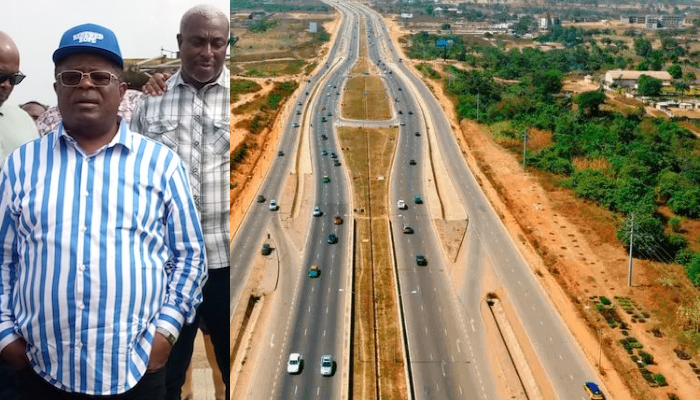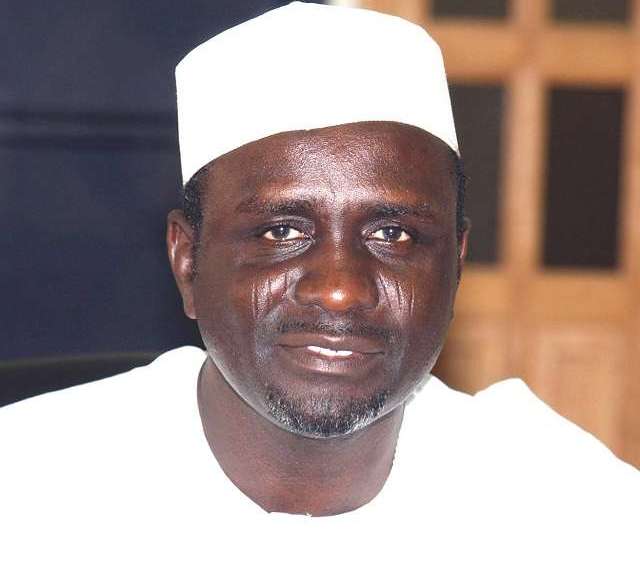In a major boost for Nigeria’s infrastructure drive, the Federal Government has secured a landmark $747 million loan to fund Phase 1, Section 1 of the Lagos-Calabar Coastal Highway, spanning Victoria Island to Eleko Village in Lagos.
The deal, arranged by Deutsche Bank and supported by a powerful consortium of international lenders, marks the largest syndicated road infrastructure loan of its kind in Nigerian history — a move hailed by the Ministry of Finance as a strong vote of confidence in the country’s reform agenda and economic trajectory.
In a statement released Tuesday, Mr. Mohammed Manga, Director of Information and Public Relations, said the financing “represents a breakthrough for Nigeria’s infrastructure financing model, paving the way for increased global private sector participation.”
The Lenders Behind the Deal
The facility is being coordinated by Deutsche Bank as the Global Coordinator, Initial Mandated Lead Arranger, and Bookrunner, alongside key players such as:
-
First Abu Dhabi Bank (also serving as Agent and Intercreditor Agent)
-
African Export-Import Bank (Afrexim)
-
Abu Dhabi Exports Office (ADEX)
-
ECOWAS Bank for Investment and Development (EBID)
-
Nexent Bank N.V. (formerly Credit Europe Bank)
-
Zenith Bank, via its UK, Paris, and Nigeria operations
Additionally, The Islamic Corporation for the Insurance of Investment and Export Credit (ICIEC) is providing partial risk insurance, mitigating political and commercial risk exposure and enhancing investor confidence.
Built to Last: 70% Done, 50-Year Lifespan
The Ministry noted that construction is already over 70% complete and is being executed by Hitech Construction Company, one of Nigeria’s foremost infrastructure contractors, under an EPC+F (Engineering, Procurement, Construction + Financing) framework.
This approach aligns execution with finance and is designed to fast-track delivery, reduce risk, and maximize efficiency through a public-private partnership (PPP) model.
The highway is being constructed using Continuously Reinforced Concrete Pavement (CRCP), with a minimum lifespan of 50 years and low maintenance needs — part of a broader push for durable, future-proof infrastructure.
Wale Edun: 'This Is a New Era of Smart, Sustainable Financing'
Minister of Finance and Coordinating Minister of the Economy, Mr. Wale Edun, described the agreement as “market-defining” and symbolic of Nigeria’s macroeconomic reset.
“This deal reflects the success of our reforms and the return of global capital to Nigeria. It is a model of sustainable, transparent, and catalytic infrastructure financing,” he said.
He emphasized that President Bola Tinubu’s administration is committed to deepening private sector participation, strengthening contract enforcement, and creating innovative structures for national development.
“This financing unlocks a new phase in Nigeria’s infrastructure transformation. It proves we are ready for the full cycle of public-private partnerships — from design to operations — and that Nigeria is open for business,” Edun added.
A Model for Future Development
The Ministry also confirmed that the project has undergone rigorous legal, technical, environmental, and social assessments, ensuring it meets international best practices and paves the way for replication across other national infrastructure ventures.
With the Lagos-Calabar Coastal Highway already drawing significant global attention — and this loan now in place — Nigeria appears poised to redefine the future of its transport and trade corridors.




